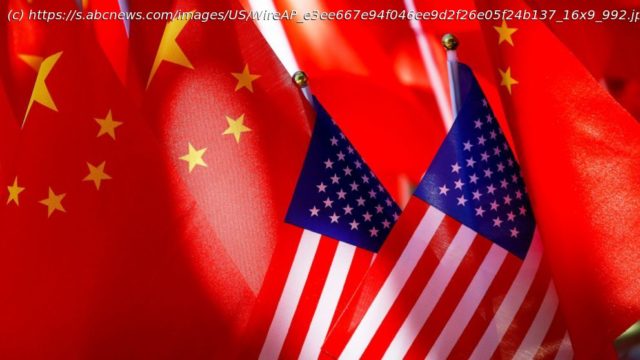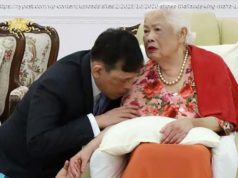Four decades after the U.S. established diplomatic ties with Communist China, the relationship between the two is at a turning point.
Tensions have reached …
Four decades after the U. S. established diplomatic ties with Communist China, the relationship between the two is at a turning point. Tensions have reached new heights on what has always been a rocky road, as the ambitions of a rising superpower increasingly clash with those of the established one. China ordered the closing of the U. S. Consulate in the southwestern city of Chengdu on Friday, in rapid retaliation for the closing of its consulate in Houston. Two weeks ago, Chinese Foreign Minister Wang Yi asked aloud if relations could stay on track. On Thursday, U. S. Secretary of State Mike Pompeo delivered an answer: The time has come to change course. “The old paradigm of blind engagement with China simply won’t get it done, » he said in a speech at the Richard Nixon Presidential Library in southern California. ”We must not continue it. We must not return to it.” It was Nixon’s visit to China in 1972, the first by an American president since the Communists took power in 1949, that upended a Cold War paradigm and paved the way for the normalization of relations in 1979. The United States had been a close ally of then-Chinese leader Chiang Kai-shek in World War II and for three decades recognized Taiwan as the government of China after Chiang fled there when he lost the battle for control of the mainland to the Communists in 1949. Relations between Washington and the Communist government in Beijing began to thaw in the 1970s, as China’s ties with the Soviet Union deteriorated and leader Mao Zedong sought a counterweight to its more powerful neighbor.






